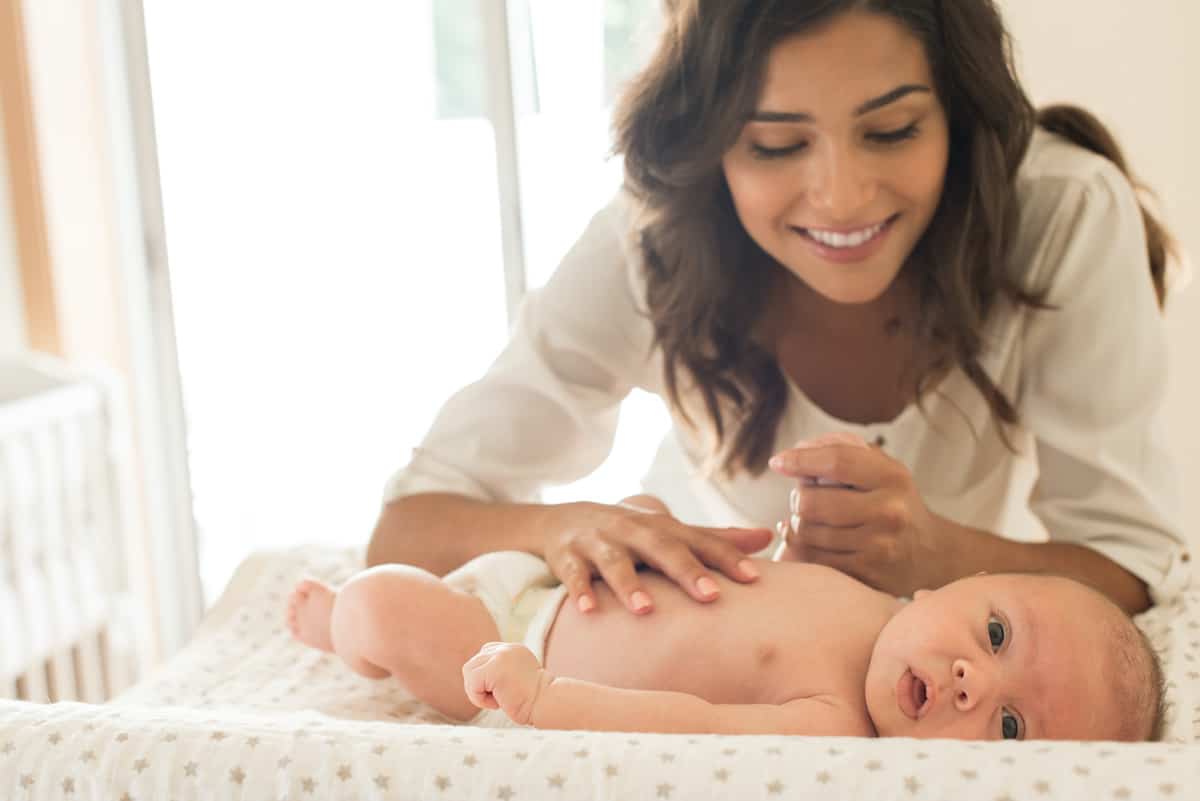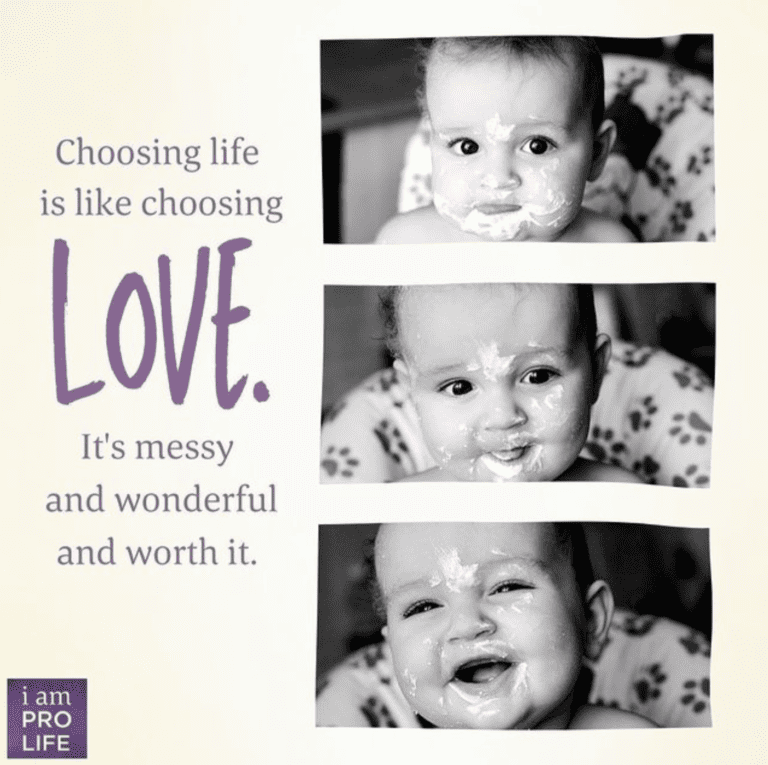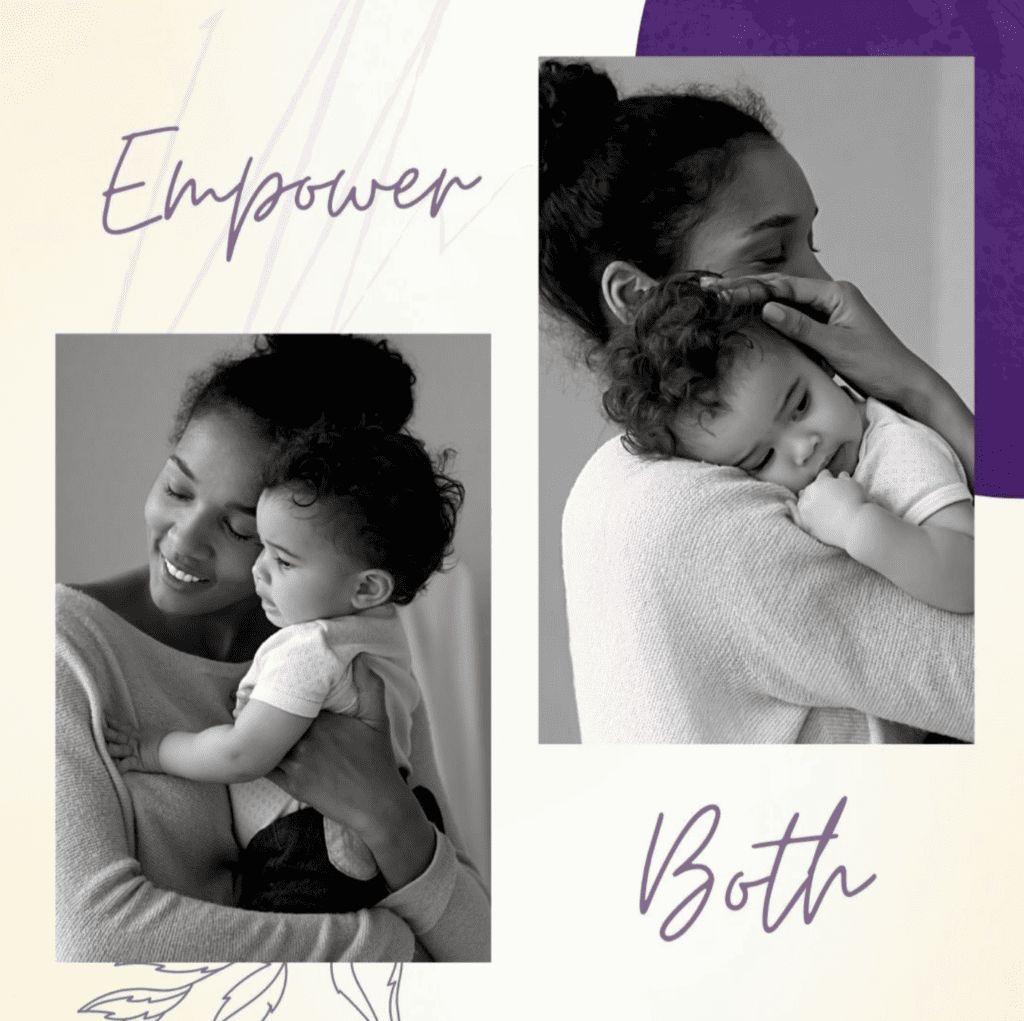Discovering the difference between open adoption vs. closed adoption changed my life. I remember being newly pregnant, still stumbling in a shock-like state when someone first mentioned the adoption option. Slam. That door shut quickly in my mind.
Why? Because I was operating out of assumptions.
I assumed I already knew about adoption based on what I had seen around me in family relationships: closed adoption. I have adoptees in my family who had closed adoptions growing up, and I witnessed their questions and struggles.
Personally, there was no way that I could ever “give away” my baby (note: I much prefer saying “placed in an adoption plan” now that I know better). I worried that I would never see her again. I feared she wouldn’t know how much I loved her. So, automatically adoption did not feel like an option for me even to consider… until I learned about open adoption.
When I learned about open adoption, that door creeeaaaked back open. It turns out; I didn’t know everything after all.
Maybe you are a prospective adoptive parent, or you are an expectant mom and don’t feel like you can parent right now. Perhaps you work in a pregnancy center and need to know more to help counsel women on their options, or you are an adoption professional trying to improve your practices.
My advice as a birth mother on open adoption vs. closed adoption is this:
Have An Open Mind and Heart
As a pregnant teen, I had to let down my guarded walls, explore other options when I couldn’t find peace in parenting. I had to look past my biases. I had to open my mind to other possibilities and what was best for my daughter and myself, trusting a Heavenly Father who knew us both.
It was listening to stories of birth mothers and adoptive mothers who walked through life together as friends in an open adoption that helped me see a different view of adoption.
Working with prospective adoptive parents over the years, I have seen many guarded hearts about open adoption there as well, and I love to help bust those misconceptions.
Open adoption isn’t scary. Instead, it adds extra love to your family. Adoptive families have an essential role in parenting a child and encouraging information and love from all sides of their family tree. That starts with heart posture towards birth families and being willing to forge that relationship whenever possible for a child’s benefit.
I love these words from my friend and adoptive mother, Heidi: “There will always be brokenness surrounding adoption, but we have the choice to take the brokenness and make it beautiful or leave it to pierce the souls of birth moms and adoptees left to heal alone.”
Understand the Effects of Closed Adoption
“In only offering closed adoption, [the agency] robbed me. We robbed him. I have observed that many adoptees, in the absence of access to the love of their first mother, adopt the narrative that they were unwanted, unloved or thrown away upon arrival. This is obviously devastating to one’s relationship with themselves and others.” – Tamara, birth mom in reunion
It’s essential to know the past so that we can do better today. There were only closed adoptions in generations past, it was advised not to talk about it, and birth mothers were told to “forget this happened.” Birth mothers were encouraged to push grief aside. Adoptees were left with a lot of questions and sorrow, too. These actions lead to low self-esteem, depression, and a higher rate of suicide.
Is there still more to improve? Absolutely. But we are making small steps to have a change of heart, better policies and practices.
Listen to Adoptee and Birth Mother Voices
I know this can be difficult to hear these heartbreaking stories. It can be uncomfortable. However, we need these voices to understand what went wrong and how we can make changes for adoption today. Take note of what helped them and what hurt them. Consider the good parts and the hard parts. Listen to a variety of voices and experiences so that you can learn from them.
The Benefits of Open Adoption
About 95% of adoptions are open to some degree today in America. This shift over the last decades has allowed us to learn more about how this relationship benefits the adopted child, the birth family and even the adoptive parents.
A Few Benefits Include:
- Birth parents can become a resource to adoptive family and adoptee to know health and family history and adoption questions
- Greater peace of mind for birth parents to know who their child is, what they look like and how they are doing
- Adoptees having higher self-esteem, less abandonment feelings, higher trust in adoptive parents
- Reduced fears of the adoptive family, increased empathy by knowing the birth family personally
- An encouraged open dialogue about adoption with adoptive parents and birth parents to progress grief and emotions together
- Overall a higher sense of satisfaction in the adoption plan for all parts of the adoption triad
As a birth mom, one with 17 years of experience in open adoption, I have seen all of these benefits in our adoption story. It certainly isn’t always easy, just like any other relationship worth maintaining, but the benefits help us all to navigate this story together in a healthy way. While open adoption still has grief involved, the relationships of an open adoption dramatically reduce the emotional impact of closed adoption.
Leah Outten was a roundtable guest at our See Life 2021 event! Hear more from Leah and others here:
Check out See Life 2021!
Adoption Is Not One Size Fits All
There isn’t a perfect adoption mold. Every case is unique and vital to consider when deciding between open adoption vs. closed adoption. The very open adoption relationship I have may not be what another birth mother desires or what is physically attainable due to the location of each family. But, I agree with Wendy, a fellow birth mother, who told me, “I think that an open adoption is great as long as the birth mother and adoptive parents are healthy and that the benefits to the child are what they put first.”
What it boils down to when deciding on open vs. closed adoption: “What benefits my child, what can I live with, and how can I be healthy emotionally to live that out?”
And most importantly, “What is God calling me to do?”






















